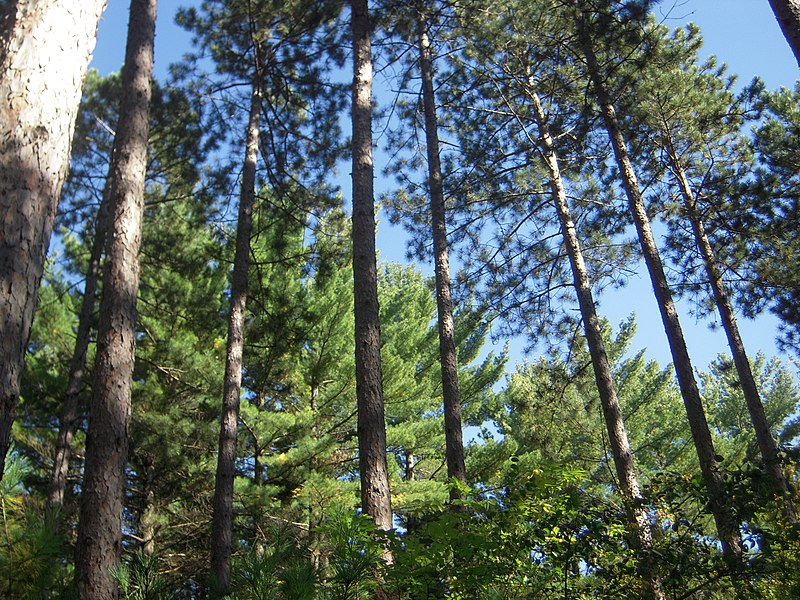Earlier this week, a group of Māori forestry and other technical experts met with Government Ministry of Primary Industries officials to review preliminary analysis from the working group towards a new transition forest management regime and practice that could preserve a $16 billion option for the Māori economy and Aotearoa.
Te Taumata Chair, Chris Karamea Insley, said the discussions were constructive, with consensus towards clear and rational evidence-based policy in respect of new transition forest management – including fast growing species like radiata pine.
“Forestry management that enables Aotearoa to meet its international emission reduction commitments, while enabling massive regional development, especially on Māori land and create thousands of new jobs for our whānau,” says Mr Insley.
The meeting came as a direct result, and response, to the NZ Government promoting a policy option earlier last year, as part of its Climate Change Programme, that would see Māori landowners lose rights over their lands and stonewall any attempts to progress further on $16 billion forestry development targeting especially marginal erosion prone lands.

The proposed Government policy option prompted Māori Forestry Landowners, led by the late Sir Dr. Toby Curtis, to raise their concerns with Government ministers at a hui in Wellington in June last year.
“We made it very clear to the Government last year that Māori must have the right as its partner in Te Tiriti to determine how best to use our own lands to meet the needs of iwi, hapu and Trust and Incorporations while doing as much as we can to insulate our people from the burning issue of climate change.
“We already carry much of the burden of Aotearoa’s climate action through our lands and forests. So, we refuse to stand still and wait while the Government dictates what should be done at their own pace and according to their own theories.
“We owe it to the late Sir Toby Curtis and our mokopuna to take action for the good of Māori and the benefit of all Aotearoa. We look forward to this technical working group being the first stage of an indigenous-led movement for self-determined climate action.”

The group, brought together by Te Taumata (Māori Forestry Landowners) and funded exclusively by Māori forestry interests, are committed to developing a best practice model for permanent transitional forest management.
Transitional forests use exotic trees as a nurse crop for the development of a biodiverse indigenous environment over time while rapidly sequestering carbon to support Aotearoa’s climate change commitments.
“Combining scientific research with mātauranga Māori and established forestry expertise has allowed us to create a world-first, indigenous-led model to deliver real value to the local economy while ensuring climate change is a fundamental part of modern forest practice.”
“We have agreed a timetable of about a month to conclude the technical analysis, review the findings and recommendations with our whānau, then reconvene with Government ministers,” says Mr Insley.


